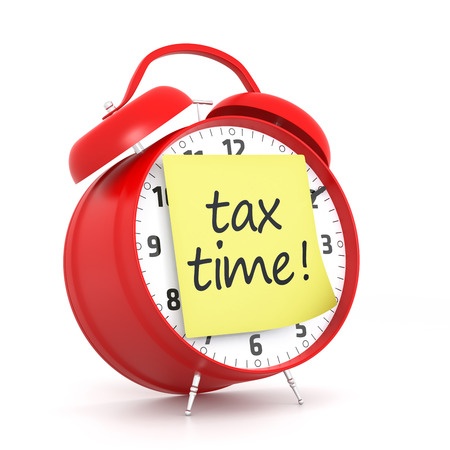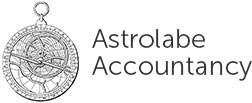Tax Season Tips for Small Business Owners
 Preparing for tax season is really a year-round endeavour. Tip number one for owners of small and medium enterprises (“SMEs”) is to update financials on a monthly basis, using a streamlined software or cloud-based system.
Preparing for tax season is really a year-round endeavour. Tip number one for owners of small and medium enterprises (“SMEs”) is to update financials on a monthly basis, using a streamlined software or cloud-based system.
This way, come tax time, everything you need is all in one place. And well organised SMEs are better positioned to minimise their tax bill while avoiding penalties associated with missing or inaccurate information.
Here are four more ways to take the stress out of tax time, and get the most out of your return.
Know your deductions
It’s important for small businesses to be savvy about deductions. After all, you want to keep as much of your hard-earned revenue as possible. Often-overlooked items you may be able to deduct include:
- Seminars, classes or conventions you attended to improve your professional skills;
- Unused inventory that you’ve donated to charity (a good reason to consider donating your overstock, rather than paying for storage); and
- Capital assets, such as office furniture, computers, and equipment.
Speak to us about the full range of available deductions you can plan for each tax year.
Be careful about what you claim
If you run your business out of your home, you may be able to claim a portion of expenditures like utilities, insurance, interest, rates, and rent. But you’ll need to keep good records, and all your receipts, to justify why you’ve allocated business costs to your home office. However, it is important to remember that being able to claim a percentage of your home occupancy costs means that the Capital Gains Tax and Land Tax exemptions for your home will be reduced by the same percentage.
The same goes for home office computers and mobile phone expenses. The Australian Taxation Office will want to see how you’ve separated the personal and professional use of these assets when you claim them as work expenses. They expect to see that you have kept a diary for a representative four weeks recording the business and private usage of telephone and Internet.
Want to claim the use of your personal car as a work expense? Keep a record of your business-related mileage, so you can claim 66 cents per kilometre your personal vehicle was used for professional purposes to a maximum of 5000 kilometres.
To claim more than this you will need to keep a log book for 12 weeks, recording the date, opening and closing odometer readings, and the purpose of each business trip. You will also need to keep the receipts of all running expenses, insurance, and registration for your car. You do not need all the fuel receipts: if you can show the total kilometres travelled, the fuel consumption of your car and the average price per litre, the fuel cost can be estimated.
Don’t miss the deadline!
This should go without saying, but every year SMEs are hit with penalties for lodging tax returns late. Missing the deadline can have a range of negative repercussions, including:
- Added interest to amounts owing, plus a late payment penalty;
- Loss of family tax benefits; and
- Delay of loan approvals (lenders usually require a copy of your tax return in order to process your application).
If you don’t make use of a tax agent the deadline is 31 October – four months after the end of the financial year. Clients of tax agents generally have until 15 May the following year, unless you are a high-earning taxpayer, lodged late the year before, or only became a client of a tax agent after the 31 October deadline.
Seek expert advice well in advance
A recent survey of small business owners found that a full quarter don’t understand their tax obligations. What’s more, 27% only speak to their accountant at the last minute, just before the lodging deadline.
Software has made it easier than ever for small business owners to file for themselves, but when it comes to thoroughness and accuracy, nothing can replace the expert advice of a tax agent.
Consult a professional well in advance, to ensure you’re getting the most out of your tax return, and that your documentation is complete. On the bright side, accounting fees are tax deductible!
